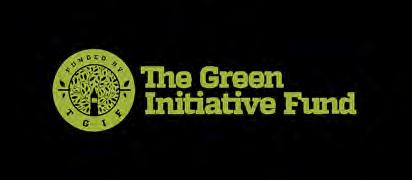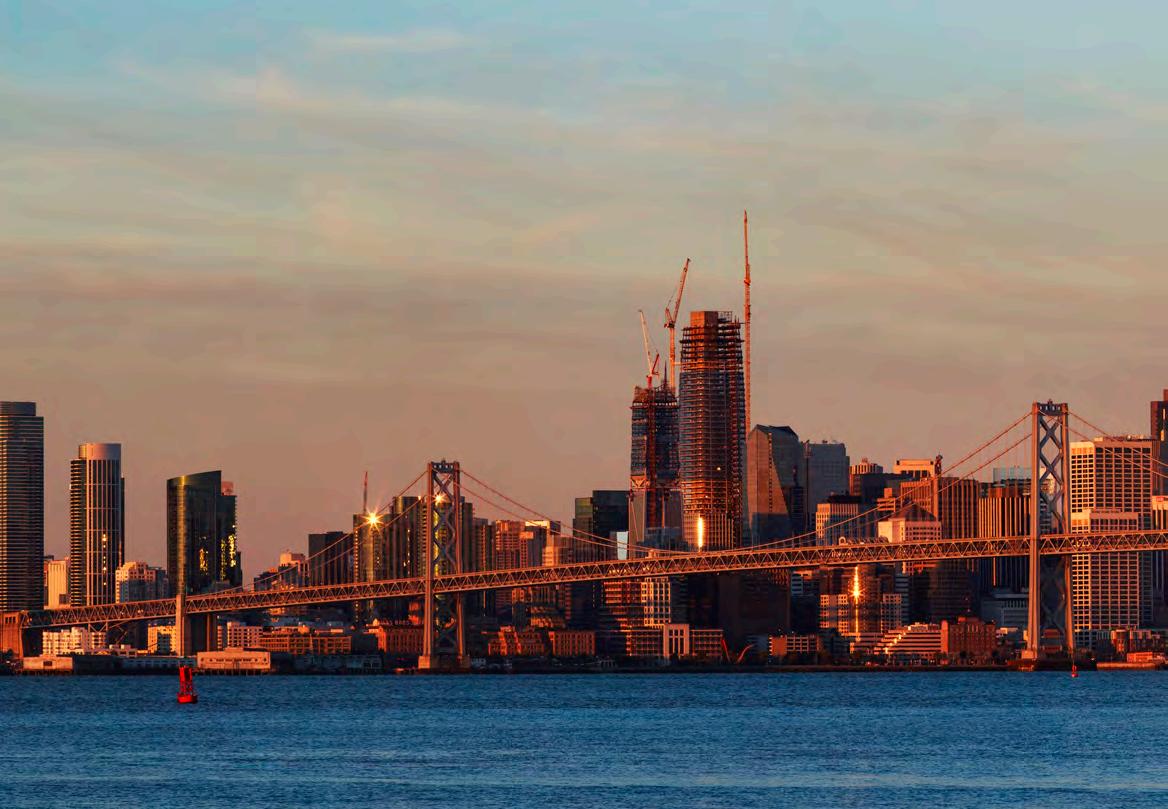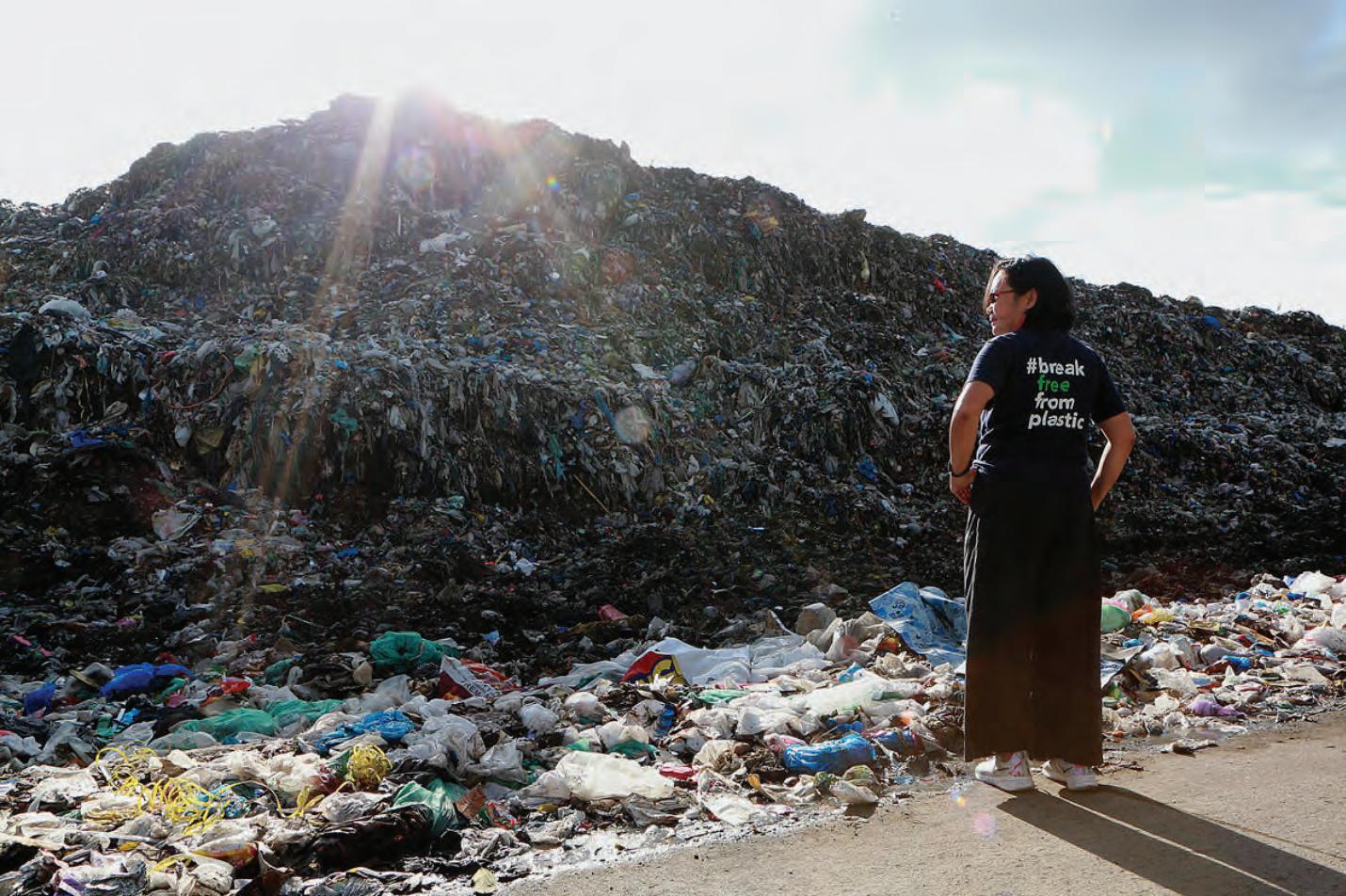Obstacles to a More Just Transition:
Analyzing the Fossil Fuels Industry’s Lobby Against Climate Policy
by Lamiya Gulamhusein In 2009, U.S. Representatives Henry Waxman and Edward Markey authored the Waxman-Markey Bill, also known as the American Clean Energy and Security Act. It proposed a cap and trade scheme to reduce greenhouse gas emissions by 83% from 2005 levels by 2050, marking the first time the U.S. government would have regulated greenhouse gas emissions. However, the bill’s lifespan was cut short in 2010: it failed to pass the Senate and did not become law. In a recent study focusing on the bill, environmental economists Dr. Kyle Meng and Dr. Ashwin Rode found that lobbying by special interest groups played a significant role in lowering the chances of it being passed. They calculated that the probability of the bill passing dropped by “13 percentage points, representing an expected social cost of $60 billion.” Lobbying greatly affected the outcome of this policy, and it continues to influence environmental policy today.
Fall 2020 / Perennial 40












